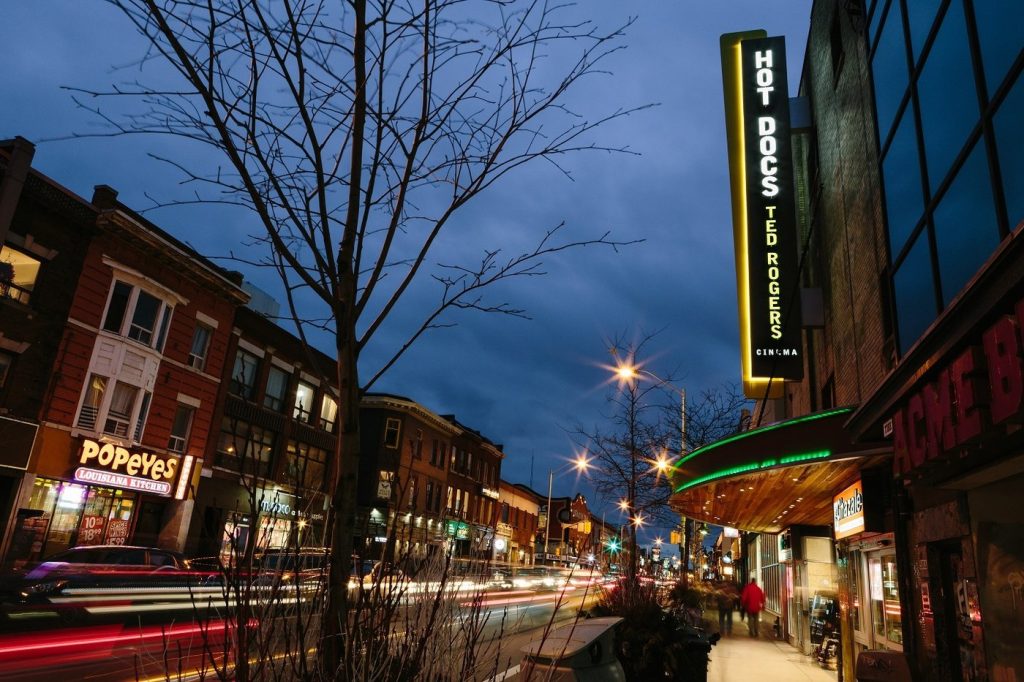TORONTO – Hot Docs, Canada’s largest documentary film festival, has announced the sale of its flagship cinema located in Toronto’s Annex neighborhood. Despite selling the property, the organization will continue to operate within the space.
The buyer, described as a "neighbor who is interested in supporting the arts in Toronto," has requested anonymity. It has been revealed that the building on Bloor Street West was sold for $6.25 million, a significant amount that highlights the value of the venue.
Last year, the non-profit organization decided to put the theatre up for sale, citing financial pressures that posed risks to the future of the festival. This decision reflects a growing concern among cultural institutions regarding their financial sustainability, particularly in a rapidly changing economic landscape.
Hot Docs confirmed that the sale includes a multi-year leasing agreement, which allows the festival to continue using the cinema. This arrangement is crucial for preserving the cultural significance of the venue, which has served as a premier location for the Hot Docs festival and as a platform for screening both Canadian and international documentaries. It also hosts various special events and showcases, making it a vibrant part of the local arts scene.
The century-old cinema has garnered recognition as a cultural landmark in the Annex, contributing to the rich history and artistic community of the area. Its role as a hub for documentary filmmaking in Toronto cannot be overstated, as it provides audiences with access to impactful storytelling and diverse perspectives.
This sale marks a new chapter for the Hot Docs organization as it navigates financial challenges while still remaining committed to its mission of supporting documentary filmmakers and promoting the art of non-fiction cinema. The continued operation of the cinema underlines the festival's dedication to maintaining its presence in the heart of Toronto’s cultural landscape.
As the Hot Docs festival prepares for its future, the ongoing relationship with the new owner may provide opportunities for collaboration and innovation within the arts community. By securing a lease, Hot Docs ensures that the cinema remains a space where audiences can gather to experience thought-provoking documentaries and engage in meaningful discussions.
This development in Toronto's arts scene is indicative of a broader trend where cultural organizations are looking for sustainable solutions to address financial constraints while still delivering valuable programming to their communities.
Overall, the sale of the Hot Docs Ted Rogers Cinema represents both a challenge and an opportunity as the organization strives to adapt and thrive in a dynamic environment. The commitment to continue running the venue is a positive sign for documentary enthusiasts and the broader arts community in Toronto.











